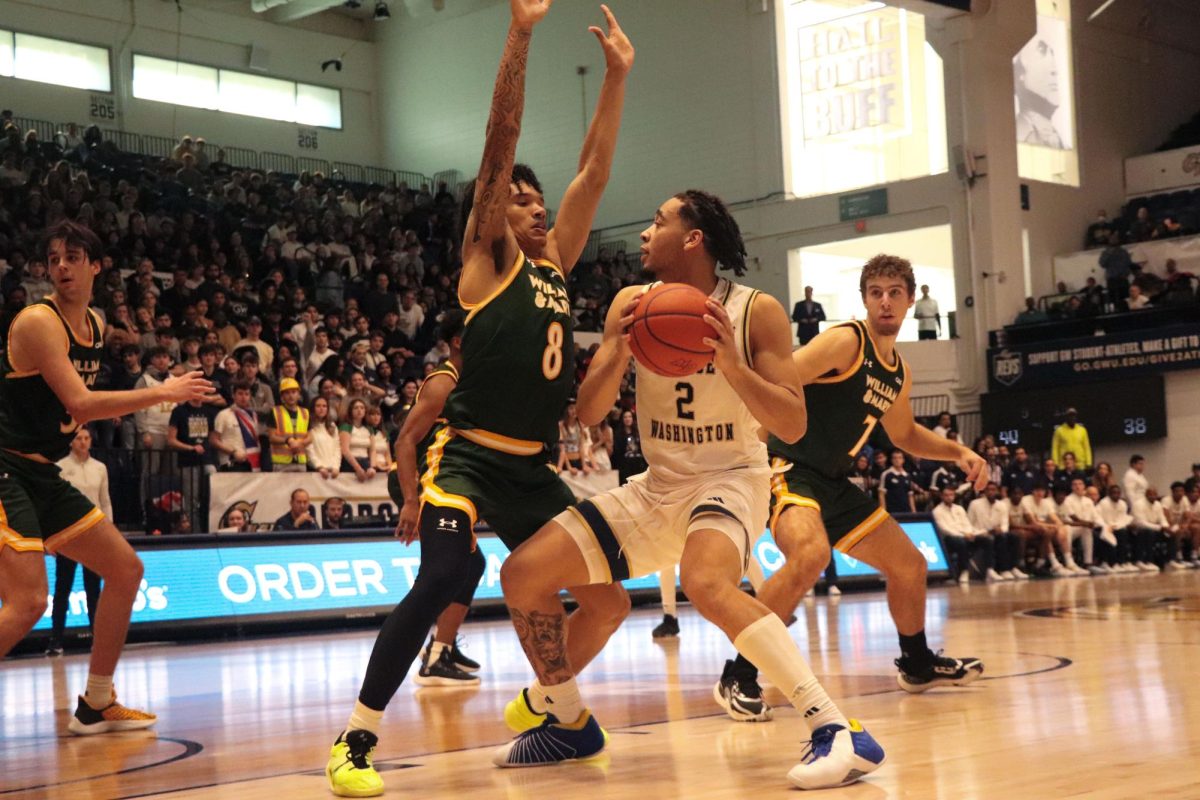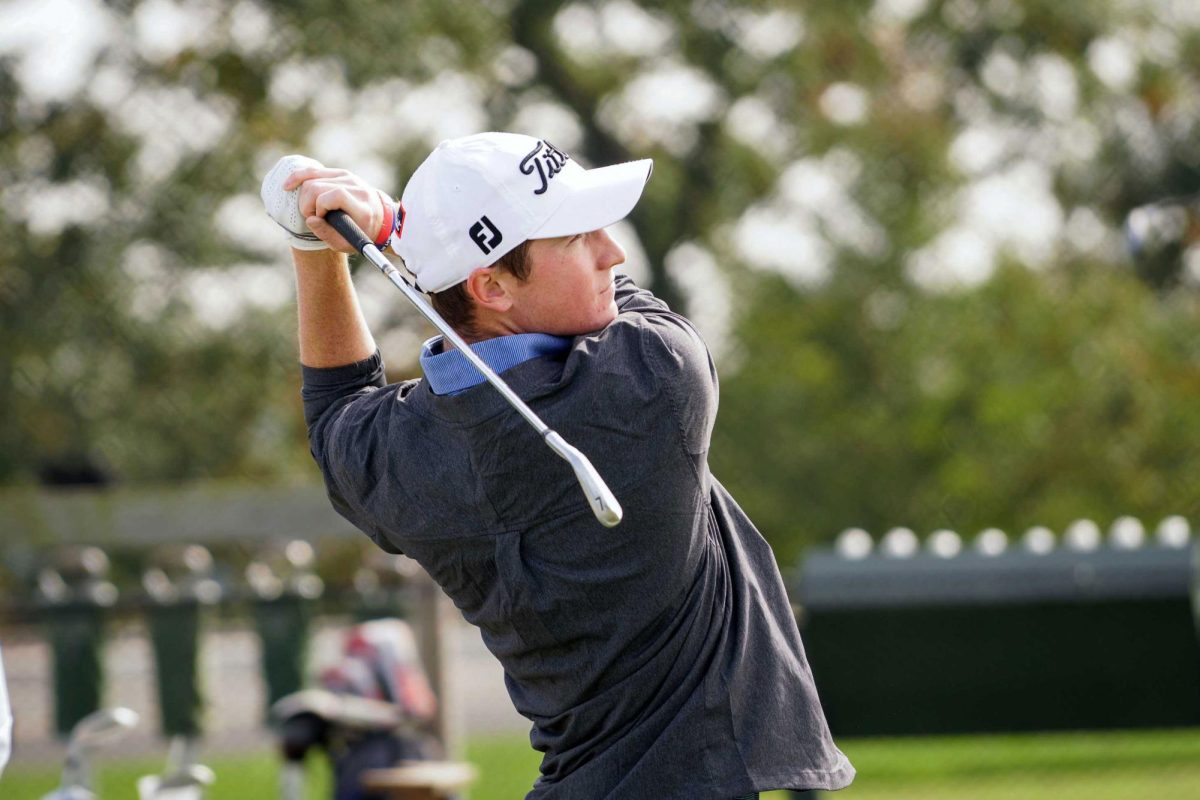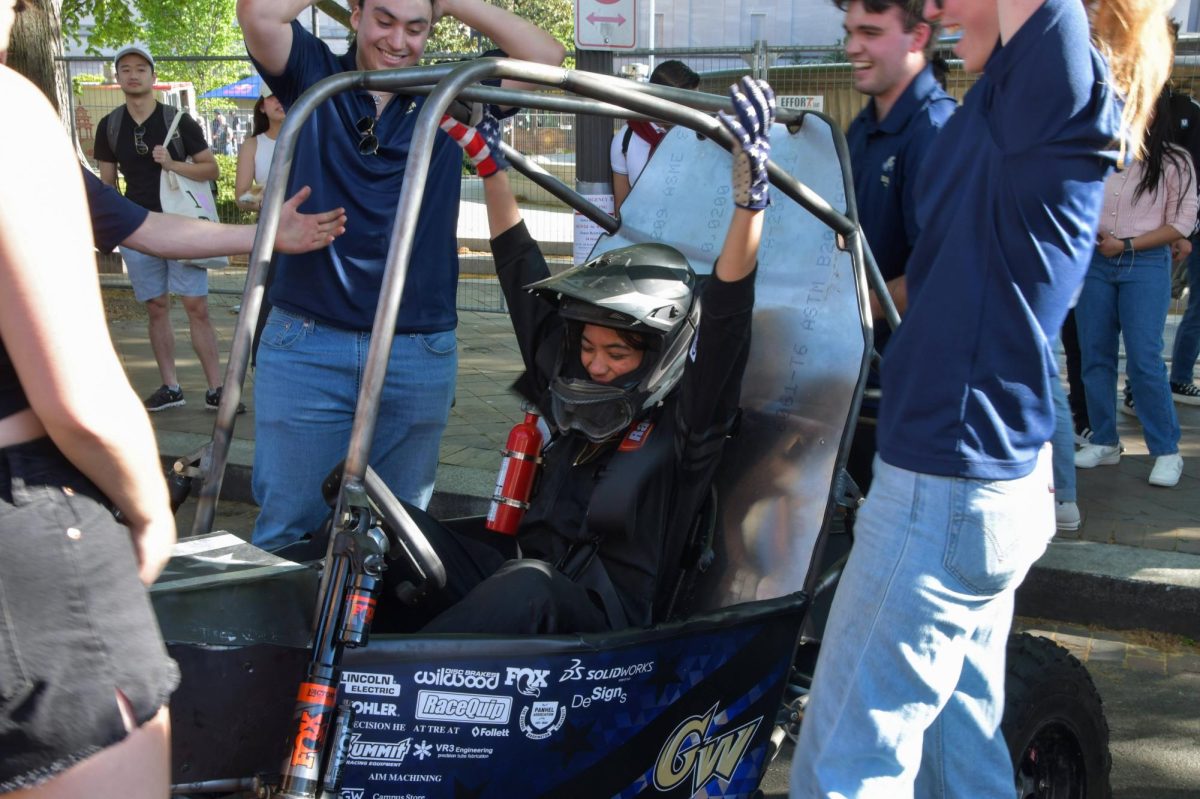The GW athletic department suspended freshman basketball player Hermann Opoku for 11 games because of his play on an Austrian club team that may have included professional players.
Jack Kvancz, the director of athletics, said the University has been investigating the matter for nearly five months. Kvancz said he believes that Opoku was never paid to play basketball and the suspension was a proactive and preemptive measure.
“On one hand, we can tell him to play and if something comes up, then they’re playing with an ineligible player,” Kvancz said. “This eliminates that.”
The suspension is the second in two years for a GW program that has just reentered the national scene and began to regain prominence. Pops Mensah-Bonsu was suspended last year because of improprieties when declaring for the NBA Draft.
The Washington Post and The New York Times called attention to men’s head coach Karl Hobbs’ recruiting techniques in March when it was discovered that several GW players attended academically questionable high schools. Kvancz said this incident is not as severe as that recruiting incident.
Eleven games, Kvancz said, is the maximum penalty the NCAA can level for an infraction similar to Opoku’s. If GW played with an ineligible player, each game they played could be forfeited.
“People should be saying ‘congratulations on watching your kids,'” Kvancz said.
Hobbs said there are no high school basketball teams in Austria and teenagers on club teams are not familiar with NCAA regulations that forbid being paid to play.
“You have to be proactive because information in terms of club teams is vague and trying to determine what is professional is and what isn’t is not easy,” Hobbs said.
Hobbs declined to discuss specifics about when he became aware of the situation, but Ralph Chillious, the head coach at South Kent School, told The Hatchet Friday that the team in Austria wrote GW and South Kent a letter during Opoku’s senior year explaining that Opoku was never paid.
“It was up for debate,” Chillious said in a phone interview. “He said he never played for the team. They put his name on the roster for the professional team, but he said that he only practiced with them.”
“The big deal was the basketball association sent a letter to us and to GW and NCAA saying he was never a paid professional,” Chillious said. “The rules are now, that if you play with a team that has paid professionals, you could be considered a professional and ineligible.”
Hobbs refused to comment on the letter and the NCAA did not return a phone call requesting a rule clarification before deadline.
Kvancz said that Opoku may have played in a tournament on a team with professional players deemed “guests,” a frequent practice in Europe.
While Kvancz said GW’s investigation was exhaustive, he said the University will never know indefinitely about Opoku’s playing history.
“If we didn’t do this, he would’ve played and you wouldn’t know the difference,” Kvancz said. “It’s just a question that’s a little hairy.”







